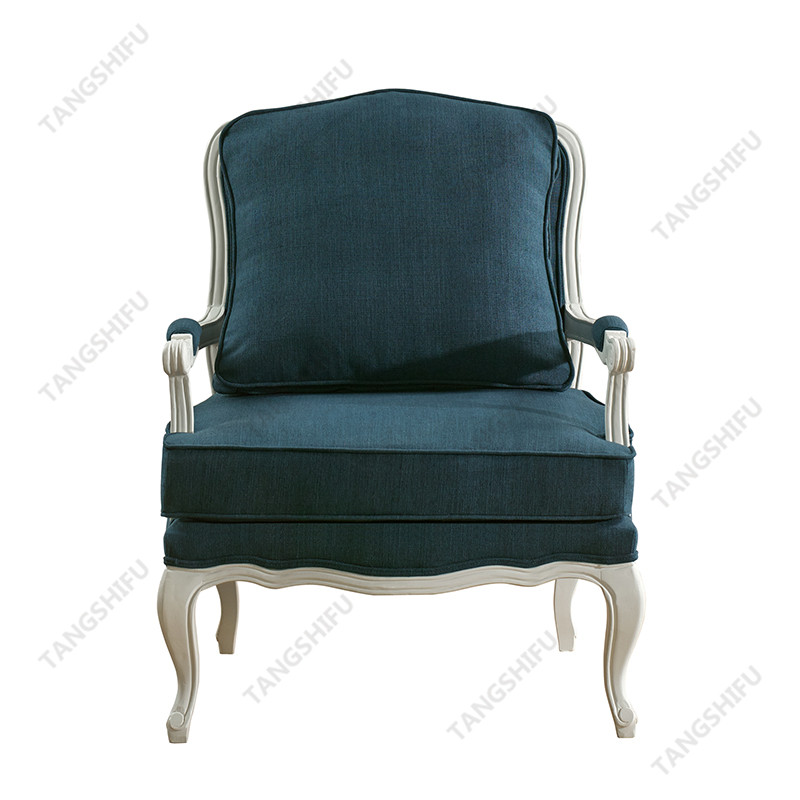The threat of tariffs on Chinese products is accelerating the transfer of furniture purchases to other countries. With the rising labor costs in China and more and more furniture manufacturers focusing on the domestic market, furniture importers in the United States have begun to find new sources of purchase, and Vietnam is attracting interest from all parties, but it is also Face many challenges. Vietnam's domestic infrastructure lags far behind China, and the rapid growth in demand is overloading the capacity of local factories, and the pressure on infrastructure such as transportation is huge.
Large and increasing numbe
Jonathan Charles (hereinafter referred to as JC), a Vietnamese high-end furniture and hardware manufacturer, was acquired by Meike International Home Furnishing Co., Ltd. in 2018, and is also facing the challenge of substantial business growth.
In addition to manufacturing products for brands, the company's business also includes a large and increasing number of OEMs, especially its in-house foundries. In order to meet the demand for customized furniture hardware, next year's production capacity needs to be increased by 350%. In recent years, upholstery furniture manufacturers constantly seek opportunities from them.
“Companies that have never done business in Vietnam before, or have never worked with us, are showing a surge of interest in us,” Jonathan Sowter, founder of JC Corporation, said in an email.
"They are eager to find solutions outside of China. Because of our current high-end position, we have naturally become the choice of these companies. As a company, our first task is not to constantly find new customers, but to develop new solutions with existing customers. Multi-business cooperation."
"Since many Chinese people suddenly became interested in us, we are working hard to increase the production capacity of the factory to attract more customers, hoping to attract more customers who are in line with our goals."

An advantage
He believes that the relationship between JC and Meike is an advantage that can meet the needs of business growth, and plans to increase production by 50% in 2018, and production in 2019 will increase by 50% on this basis.
In addition to the large demand for hardware, with the popularity of metals and Dali (real estate) stones, the finishes of household products have become darker and lower in gloss. JC's OEM customers are now looking for more mixed-material products.
Infrastructure and raw materials are "overwhelmed"
Sowter, the founder of JC, pointed out that the influx of people and companies into Vietnam will affect the Vietnamese economy and bring more job opportunities.
"Our focus is to retain important employees and skilled workers." He said, "The new company is in a panic. They will offer jobs to anyone who is willing to accept it, and then screen out the people they really need."
This may become a potential factor that adversely affects us. We must maintain a competitive salary, provide overtime subsidies to employees who work hard overtime, and strive to provide employees with a positive working environment.
Substantial increase
With the substantial increase in demand for the furniture manufacturing industry in Vietnam, the pressure on the supply of raw materials and transportation infrastructure has also risen sharply, which will affect all industries.
In addition, the trade conflict between China and the United States will also increase this burden. The upholstery furniture manufacturers also understands the inconvenience this brings.
"Vietnam has not responded as quickly as they hoped, and demand is greater than expected." Sowter said, "In general, Vietnam's material supply is not as sophisticated as China, and the rate of infrastructure improvement is faster than that of products Demand growth has slowed down a lot. Therefore, it is still in a bottleneck period, and the local material supply chain cannot meet the demand."
As a high-end furniture manufacturer, JC no longer relies solely on local raw materials, but uses imported raw materials.
"Because this situation will not change, we will not be affected by the supply of local raw materials like many other factories. When appropriate, we will also purchase locally." Sowter said. "We will continue to rely on imported materials to ensure that our prices will remain stable when the prices of local raw materials rise."
And when the goals of potential new customers match the company's quality standards, it also means that the company has to say "no" to those inappropriate customers.
"In order for us to reach our growth goals, it is painful, but it is also necessary." Sowter said, "Our prices are not the cheapest; but we produce the highest quality products, focusing on the need to coordinate between customers and factories. , Otherwise we may become an ordinary furniture
